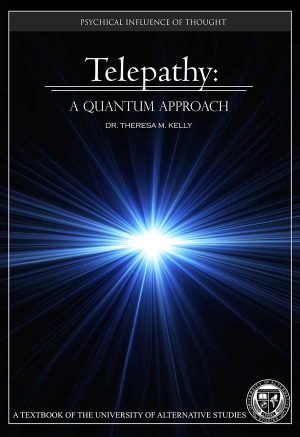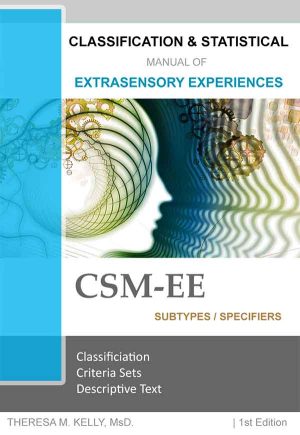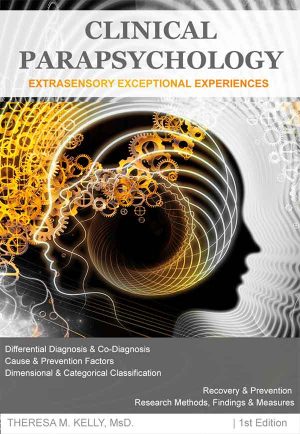Description
Models of the Experiential Phase of Psi: Quantum Mechanical & Cognitive Approaches addresses the psychological aspects of how and when human beings are able to utilize psi through promising models including models involving quantum mechanical approaches to cognition, and memory models. Such models of psi manifestation attempt to explain how extrasensory information enters the central nervous system or information processing center, and how the system deals with that information. In regard to psychokinesis, such models attempt to explain what manner of information processing is taking place, and what the requirements for the information to be transmitted into the environment are. This paper also addresses the biological utilization of non-local communication, the reverse direction problem, the binding problem, the human brain and neuro-quantum interactions, and rain stimulation via circumcerebral magnetic fields. In addition, the paper includes question whether a quantum-like approach is actually more advantageous over classical approaches, and address quantum mechanical principles, properties and features resulting cognitive effects related to content sensitivity, association, the human lexicon, and psychological function in general.
The paper also touches on quantum-like mental entanglement, how this new quantum mechanical approach is shedding light on an array of anomalous experimental results composed over the greater portion of a century, pseudo-sensory models, memory models involving memory theory and associated phenomenology, receptive psi processes, memory and psi processes, the first sight model, psi requirements, and the part played by the default mode network.
This paper is included in all (A Quantum Approach Textbooks)
About the Author
Theresa M. Kelly, MsD, is a professor of scientific parapsychology, and has conducted psychical research for many years focusing on the phenomenology of psychic experiences, and the personality traits of psychic experients.




